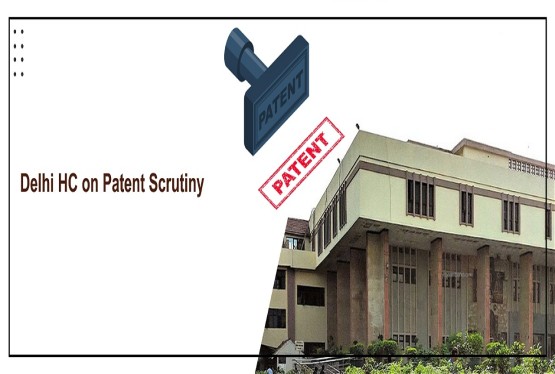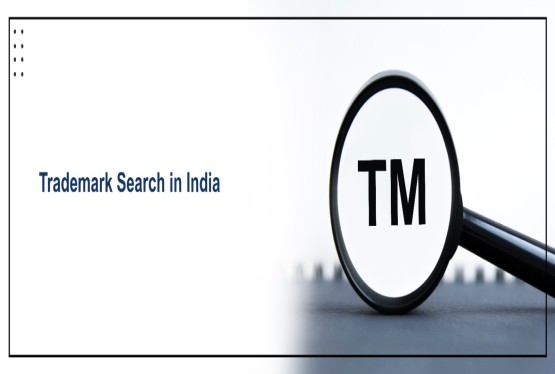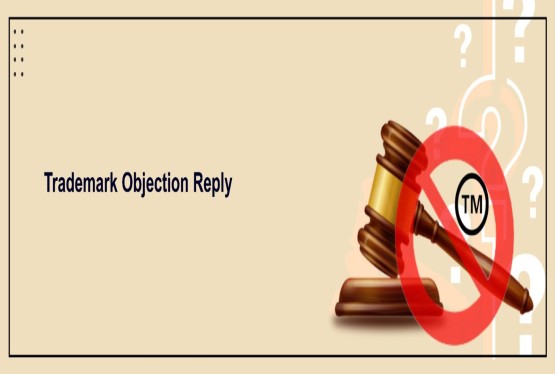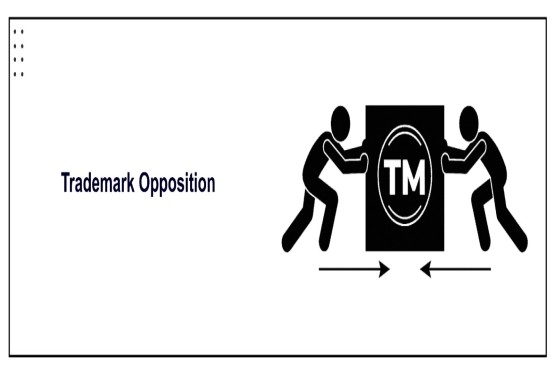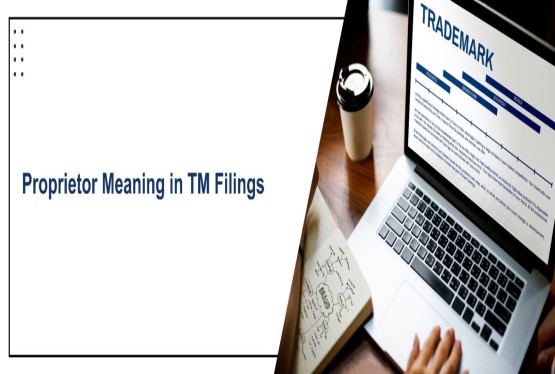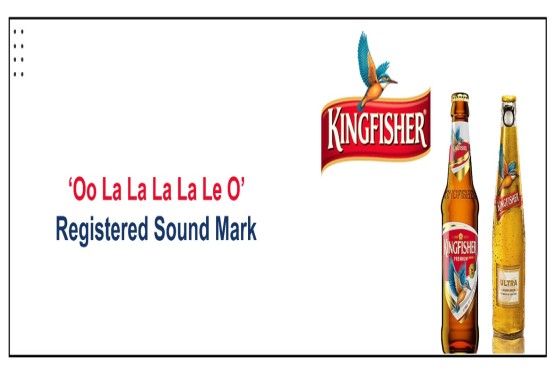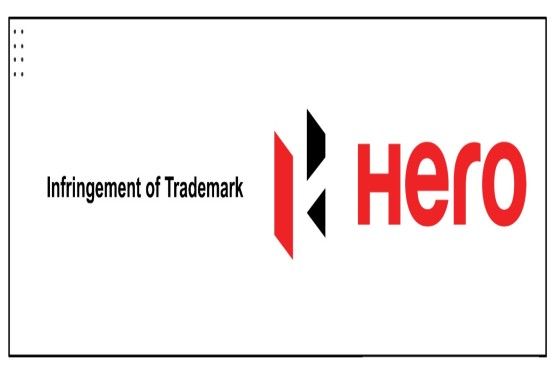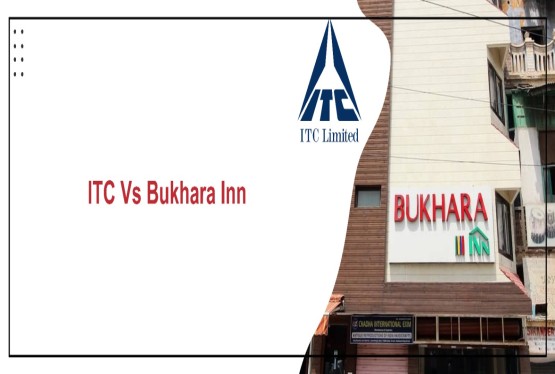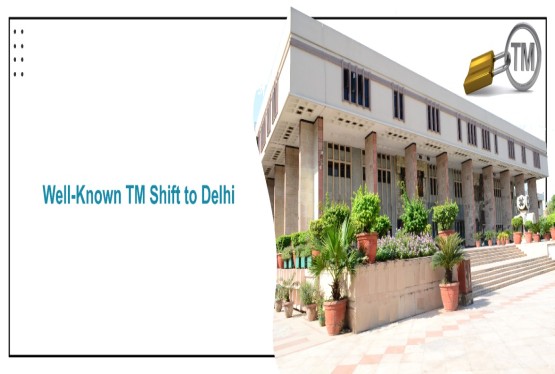Arbitrary trademarks are crucial for distinguishing brands and their offerings in today's competitive marketplace. These trademarks use commonly known words or phrases unrelated to the products or services they represent. Understanding arbitrary trademarks is vital for businesses seeking trademark registration, particularly in jurisdictions like India. In this article by Compliance Calendar LLP, we explore the concept of arbitrary trademarks, shedding light on their definition, significance, and implications for trademark registration in India.
When considering trademarks, it's essential to understand the distinctions between arbitrary, descriptive, and generic trademarks. Each type offers unique characteristics and legal implications, particularly concerning trademark registration in India.
-
Arbitrary Marks: Arbitrary trademarks use common words or phrases in unexpected ways that have no direct connection to the products or services they represent. Examples include "Apple" for computers or "Amazon" for online retail. Arbitrary marks are inherently distinctive and receive strong legal protection under trademark laws.
-
Descriptive Marks: Descriptive trademarks directly describe the qualities or characteristics of the goods or services they represent. These marks typically lack inherent distinctiveness and may include terms like "Fast" for delivery services or "Delicious" for food products. Descriptive marks are more challenging to register and enforce, requiring evidence of acquired distinctiveness through extensive use in commerce.
-
Generic Marks: Generic trademarks consist of common terms that refer to the general category of goods or services and cannot be registered as trademarks. Examples include "Computer" for computers or "Shoe" for footwear. Generic marks are ineligible for trademark registration because they do not serve to identify a specific source of goods or services.
Arbitrary marks offer the highest level of protection due to their inherent distinctiveness. They are easier to register and enforce compared to descriptive or generic marks, which face greater inspection from trademark authorities.
Businesses seeking trademark registration in India should aim to develop arbitrary or suggestive marks that are inherently distinctive and capable of serving as strong identifiers of their brand. By doing so, they can enhance their chances of successfully registering their trademarks and enjoying robust legal protection against infringement.
Characteristics of Arbitrary Trademarks
Arbitrary trademarks are characterised by their unique use of common words or phrases that hold no direct relevance to the products or services they represent. Unlike descriptive or generic trademarks, which directly describe the characteristics or qualities of the goods or services, arbitrary trademarks employ words or symbols in a manner that is unexpected or unconventional.
One key characteristic of arbitrary trademarks is their inherent distinctiveness. By utilising everyday language in an unconventional way, arbitrary trademarks create a strong and memorable brand identity that sets them apart from competitors. This distinctiveness not only helps consumers recognize and remember the brand but also provides businesses with a valuable asset in the marketplace.
In the context of trademark registration in India, arbitrary trademarks offer significant advantages. Due to their distinctiveness and lack of direct descriptive meaning, arbitrary trademarks are generally afforded stronger legal trademark protection under trademark laws in India. This protection helps businesses safeguard their brand identity and prevent unauthorised use or trademark infringement by competitors.
In India, the registration of arbitrary trademarks is particularly important for businesses seeking to establish and protect their brand presence in the market. By securing trademark registration for arbitrary marks, businesses can strengthen their legal rights, enhance brand recognition, and build consumer trust.
Legal Framework of Arbitrary Trademark in India
Legal Framework of Arbitrary Trademark in India:
In India, the legal framework governing arbitrary trademarks is primarily established under the Trademarks Act, 1999, and its associated regulations. These laws provide the foundation for the registration, protection, and enforcement of trademarks, including arbitrary marks.
Trademark Registration Process
The process of registering an arbitrary trademark in India involves several steps outlined in the Trademarks Act, 1999. Businesses or individuals seeking trademark registration must file a trademark application with the Trademark Registry, under the Controller General of Patents, Designs, and Trademarks (CGPDTM). The application must include details such as the proposed trademark, its class of goods or services, and evidence of use or intent to use the mark in commerce.
Examination and Publication
Upon receiving the application, the Trademark Registry conducts a trademark examination to assess the distinctiveness and eligibility of the proposed arbitrary mark for registration. The examination also ensures that the mark does not conflict with existing trademarks or violate any legal provisions. If the mark meets the criteria, it is published in the Trademarks Journal for public trademark opposition.
Trademark Opposition Proceedings
During the publication period, third parties have the opportunity to file trademark opposition against the registration of the arbitrary trademark if they believe it infringes upon their existing rights or lacks distinctiveness. The Trademark Registry considers such oppositions and conducts hearings to resolve disputes between the parties involved.
Trademark Registration and Protection
If no opposition is raised or successfully defended, the arbitrary trademark proceeds to trademark registration. The Registrar of Trademarks issues a Certificate of Registration, granting exclusive rights to the trademark owner to use the mark in connection with the specified goods or services. This registration provides legal protection against unauthorised use or infringement by others.
Enforcement and Remedies
In case of trademark infringement of the registered arbitrary trademark, the owner has the right to take legal action against the infringing parties. The Trademarks Act, 1999, provides various remedies for trademark infringement, including civil remedies such as injunctions, damages, and account of profits, as well as criminal penalties for intentional infringement.
Trademark Renewal and Maintenance
Registered trademarks in India are valid for a period of ten years from the date of registration and can be renewed indefinitely upon payment of renewal fees. It is the responsibility of the trademark owner to maintain and protect their trademark rights by renewing the registration before the expiry date.
Overall, the legal framework governing arbitrary trademarks in India provides a comprehensive mechanism for the registration, protection, and enforcement of these distinctive marks. By adhering to the provisions of the Trademarks Act, 1999, businesses can secure and maintain their trademark rights, thereby enhancing their brand recognition and market presence in India.
Judicial Precedents of Arbitrary Trademark in India
Judicial precedents play a significant role in shaping the interpretation and application of trademark laws, particularly concerning arbitrary trademarks. Several landmark cases have established important principles and guidelines regarding the registration and protection of arbitrary marks in India.
Laverana Gmbh & Co Kg vs. Mac Personal Care Pvt. Ltd. & Ors.
In this case, the Delhi High Court ruled on the usage of the mark 'LAVERA.' The court determined that the mark belonged to the plaintiff as an arbitrary mark, indicating that it held no direct connection to the cosmetics and body care products it represented. This case highlighted the importance of inherent distinctiveness in arbitrary marks for trademark registration and protection.
Ahmed Oomerbhoy and Anr. vs Shri Gautam Tank and Ors.:
this case involved the use of the mark 'Postman' for edible oil. The court examined whether the mark was arbitrary or generic and concluded that it was arbitrary, as it had no direct relation to the product it represented. The judgement highlighted the significance of inherent distinctiveness in determining the eligibility of trademarks for registration and protection.
Evergreen Sweet House v. Evergreen and Others:
In this case, the court addressed the issue of trademark infringement involving the marks 'Evergreen Sweet House' and 'Ever Green Sweets.' The court analysed the distinctiveness of the marks and ruled in favour of the plaintiff, emphasising the importance of arbitrary marks in identifying the source of goods or services and preventing consumer confusion.
These judicial precedents highlight the importance of arbitrary trademarks in the Indian legal system and provide valuable insights into the interpretation and application of trademark laws. Businesses seeking trademark registration in India should pay close attention to these precedents to understand the requirements and implications of registering and protecting arbitrary marks effectively.
Conclusion
In conclusion, the process of trademark registration in India involves careful consideration of various factors, including the selection and protection of arbitrary trademarks. Understanding the legal framework and requirements for registering and protecting arbitrary marks is essential for businesses seeking to establish and safeguard their brand identity in the marketplace.
Arbitrary trademarks, characterised by their distinctiveness and lack of direct connection to the goods or services they represent, offer significant advantages in terms of legal protection and brand recognition. Furthermore, judicial precedents and legal provisions governing arbitrary trademarks provide valuable guidance for businesses in the trademark registration process in India. By adhering to established principles and best practices, businesses can maximise the validity and protection of their arbitrary trademarks, ensuring their continued success and growth in the dynamic business environment.
In summary, trademark registration in India is a critical step for businesses looking to establish and protect their brand identity. By understanding the importance of arbitrary trademarks and the legal framework surrounding their registration and protection, businesses can effectively safeguard their intellectual property rights and position themselves for long-term success in the marketplace.
How Can Compliance Calendar Help?
Looking to secure your brand’s identity? Look no further than the Compliance Calendar! We’re your one-stop solution for all trademark needs. Whether you’re seeking to register a new trademark or stuck in a complex trademark procedure, our dedicated team is here to assist you every step of the way.
With Compliance Calendar LLP, you’ll not only get expert guidance on registering your trademark but also comprehensive protection throughout the entire process. Our experienced professionals will ensure that your mark is not only registered but also safeguarded against potential infringements at all stages of trademark registration.
Why choose Compliance Calendar LLP? We offer personalized and attentive service, tailored to your specific needs and goals. Our commitment to client satisfaction means you can trust us to handle your trademark matters with efficiency, accuracy, and professionalism.
Ready to take the next step in protecting your brand? Connect with us today at 9988424211 or email us at info@ccoffice.in. Let Compliance Calendar LLP be your trusted partner in trademark registration and protection.
Frequently Asked Questions
Q1. What are arbitrary trademarks, and why are they important?
Ans. Arbitrary trademarks use common words or phrases in unexpected ways that have no direct connection to the products or services they represent. They are crucial for distinguishing brands and ensuring legal protection against infringement.
Q2. How do arbitrary trademarks differ from descriptive and generic trademarks?
Ans. Arbitrary trademarks are inherently distinctive and offer strong legal protection, unlike descriptive trademarks that directly describe the goods or services and generic trademarks that refer to the general category of goods or services.
Q3. What legal framework governs arbitrary trademarks in India?
Ans. Arbitrary trademarks in India are primarily governed by the Trademarks Act, 1999, and its associated regulations. This legal framework provides the foundation for the registration, protection, and enforcement of trademarks in India.
Q4. What is the process for registering an arbitrary trademark in India?
Ans. The process involves filing a trademark application with the Trademark Registry, examination and publication of the mark, opposition proceedings, registration, and renewal. Compliance with the provisions of the Trademarks Act, 1999, is essential throughout the process.
Q5. How can businesses benefit from registering arbitrary trademarks in India?
Ans. Registering arbitrary trademarks enhances brand recognition, provides legal protection against infringement, and strengthens the market presence of businesses. It also helps in building consumer trust and loyalty.
Q6. How can Compliance Calendar LLP assist businesses with arbitrary trademark registration in India?
Ans. Compliance Calendar LLP offers expert guidance and comprehensive support throughout the trademark registration process. From filing applications to handling opposition proceedings and enforcement, our dedicated team ensures a smooth and efficient experience for businesses.
Q7. What makes Compliance Calendar LLP the preferred choice for trademark registration and protection?
Ans. With personalised service, attention to detail, and a commitment to client satisfaction, Compliance Calendar LLP delivers exceptional results. Our experienced professionals prioritise your trademark needs and provide tailored solutions for optimal outcomes.
How can businesses get started with trademark registration through Compliance Calendar LLP?
To begin the trademark registration process or seek assistance with trademark matters, businesses can contact Compliance Calendar LLP at 9988424211 or email us at info@ccoffice.in. Our team is ready to serve as your trusted partner in trademark registration and protection.






























_(b)_of_the_Trademark_Act,_1999_(1)_crop10_thumb.jpg)



_crop10_thumb.jpg)




























_crop10_thumb.jpg)
_crop10_thumb.jpg)






_crop10_thumb.jpg)








_crop10_thumb.jpg)



_crop10_thumb.jpg)




























_crop10_thumb.jpg)

















_crop10_thumb.jpg)






_crop10_thumb.jpg)












































































































































_crop10_thumb.jpg)




































_crop10_thumb.jpg)












_crop10_thumb.jpg)















































_crop10_thumb.jpg)



































































































